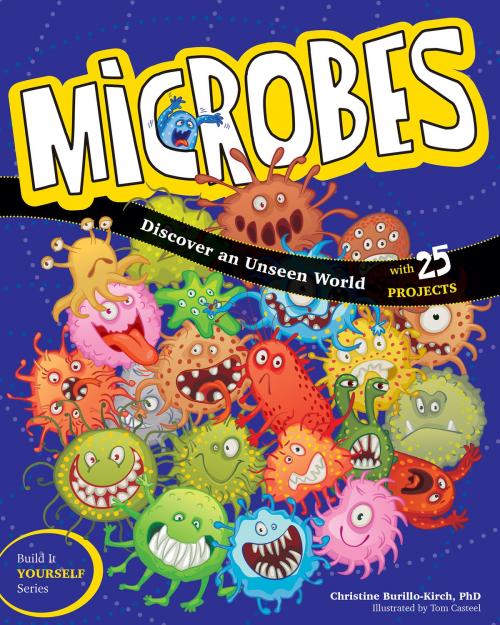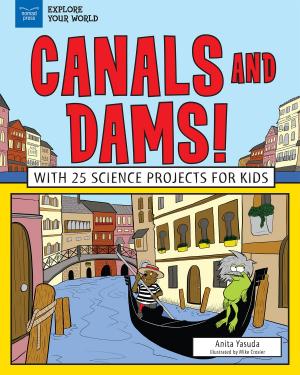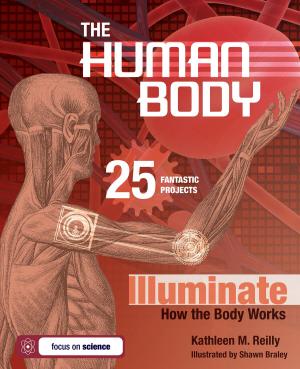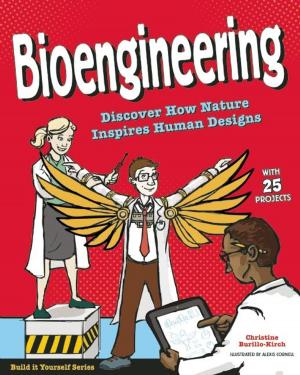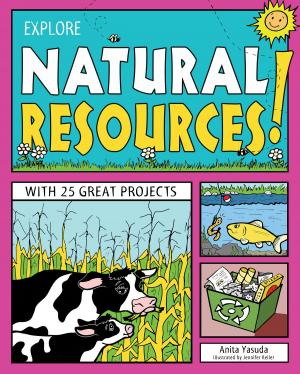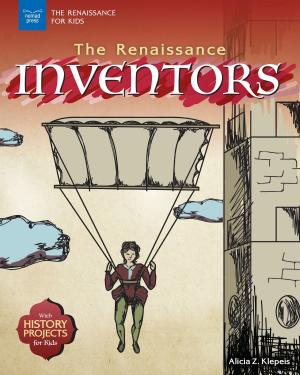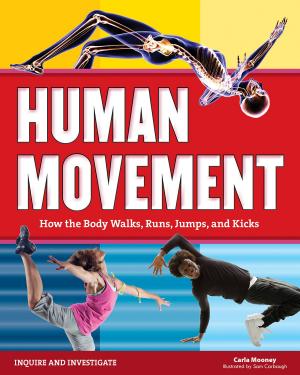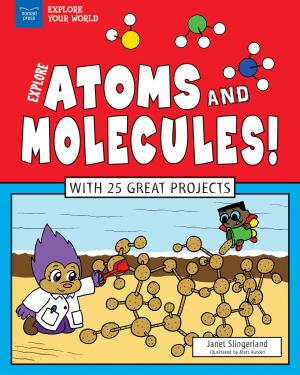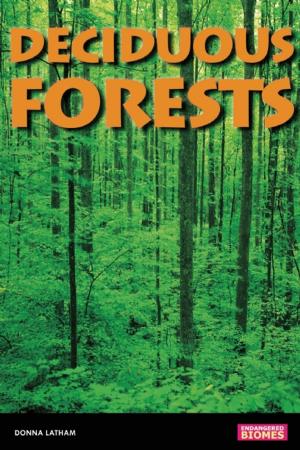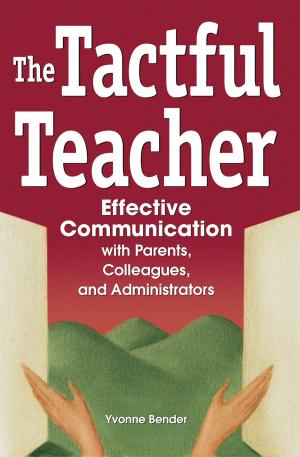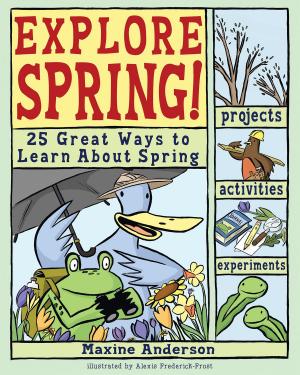| Author: | Christine Burillo-Kirch | ISBN: | 9781619303089 |
| Publisher: | Nomad Press | Publication: | October 19, 2015 |
| Imprint: | Nomad Press | Language: | English |
| Author: | Christine Burillo-Kirch |
| ISBN: | 9781619303089 |
| Publisher: | Nomad Press |
| Publication: | October 19, 2015 |
| Imprint: | Nomad Press |
| Language: | English |
If our vision improved one million times, we would be able to see microbes in the air, on our skin, in the soil, in water, and on food! In Microbes: Discover an Unseen World, readers journey through microscopic worlds that collide with our own on a daily basis to encounter bacteria, viruses, fungi, protists, and archaea.
There are some microbes we can't live without, such as those that help us digest our food, while others can harm or even kill us, such as influenza and ebola. Microbes looks at some of the ways the body protects itself from diseases and infections through critical thinking exercises that explore the differences between harmful and beneficial microbes. Follow in the footsteps of the scientists who had both the genius and the imagination to research and discover microbes.
Hands-on experiments such as building a mini incubator, making bacterial growth plates, and growing fungi allow children to explore their microbiological surroundings safely while employing the scientific method to discover details about microbes. Fun facts and primary sources make learning fun and integrative, while cartoon illustrations engage kids' imaginations and prod their natural curiosity about this weird and fascinating topic.
If our vision improved one million times, we would be able to see microbes in the air, on our skin, in the soil, in water, and on food! In Microbes: Discover an Unseen World, readers journey through microscopic worlds that collide with our own on a daily basis to encounter bacteria, viruses, fungi, protists, and archaea.
There are some microbes we can't live without, such as those that help us digest our food, while others can harm or even kill us, such as influenza and ebola. Microbes looks at some of the ways the body protects itself from diseases and infections through critical thinking exercises that explore the differences between harmful and beneficial microbes. Follow in the footsteps of the scientists who had both the genius and the imagination to research and discover microbes.
Hands-on experiments such as building a mini incubator, making bacterial growth plates, and growing fungi allow children to explore their microbiological surroundings safely while employing the scientific method to discover details about microbes. Fun facts and primary sources make learning fun and integrative, while cartoon illustrations engage kids' imaginations and prod their natural curiosity about this weird and fascinating topic.
